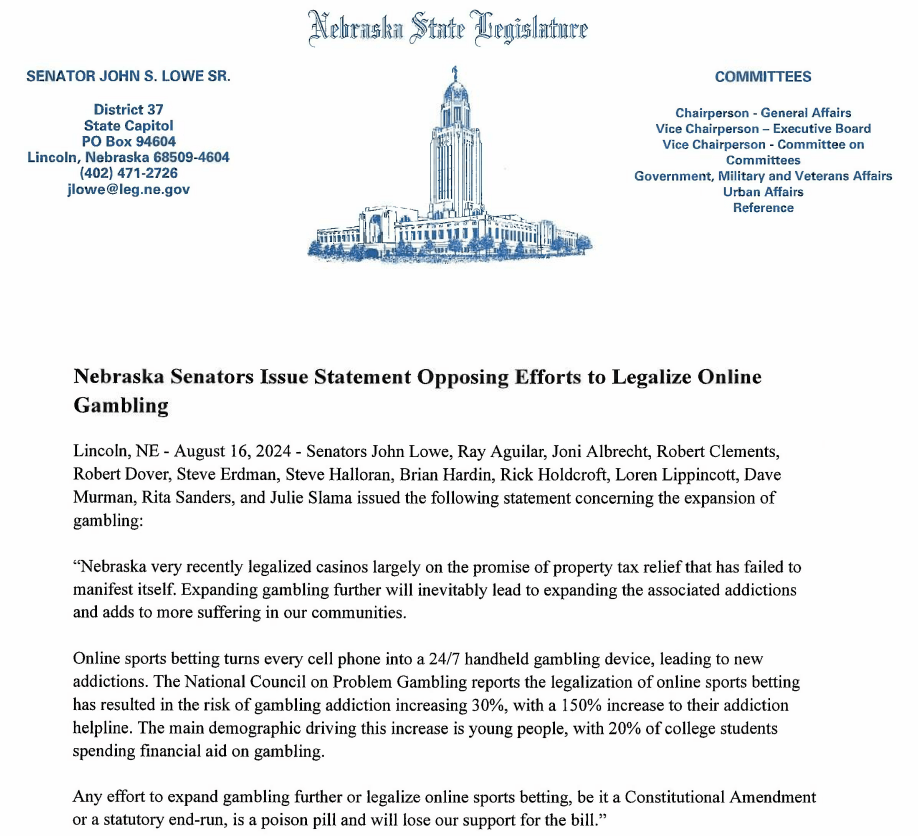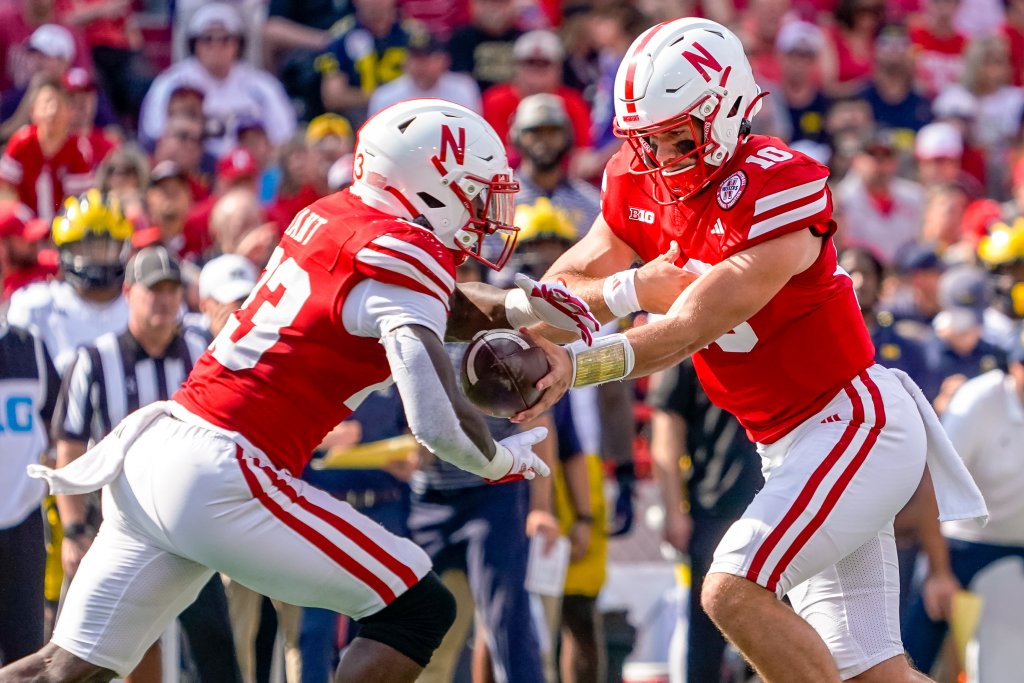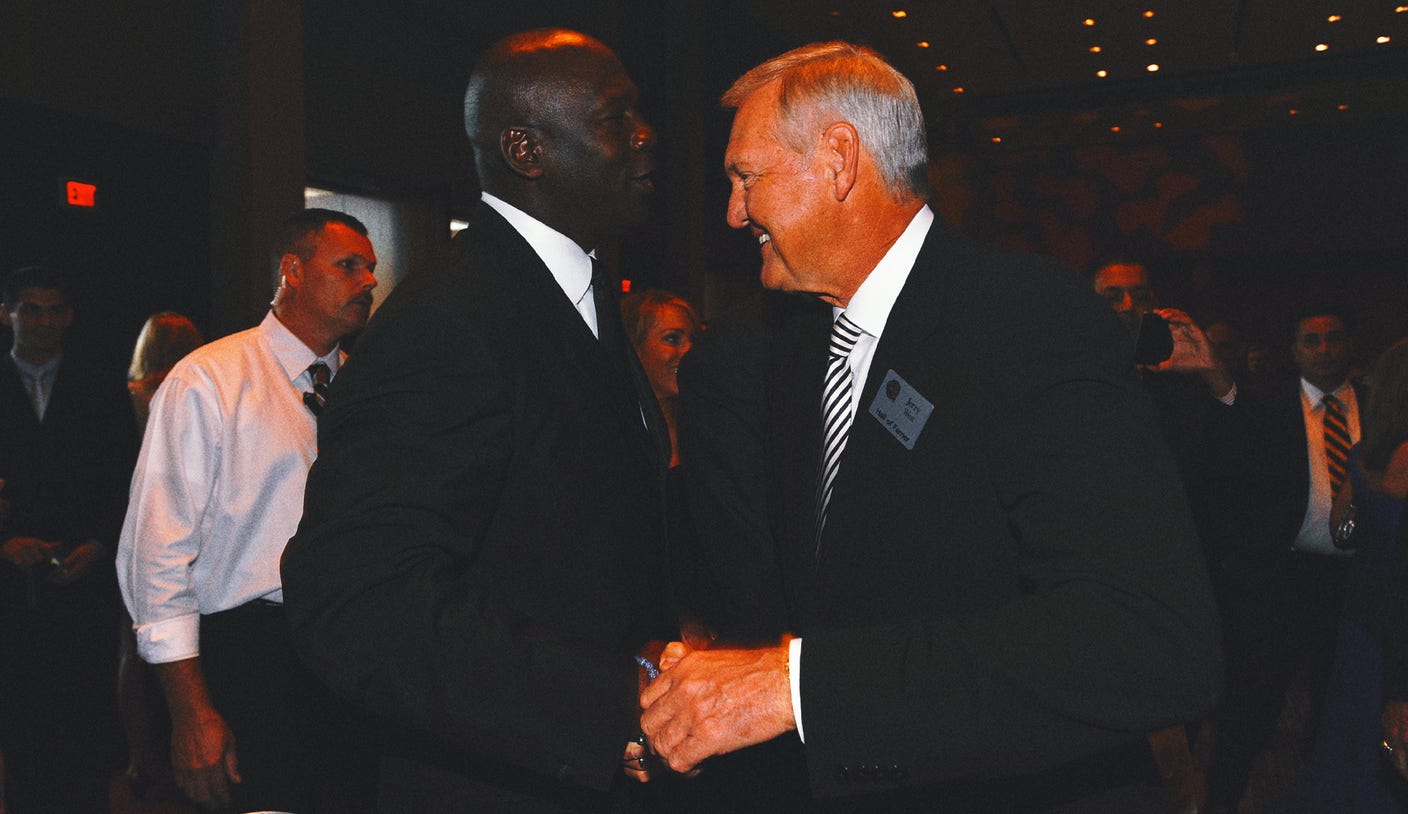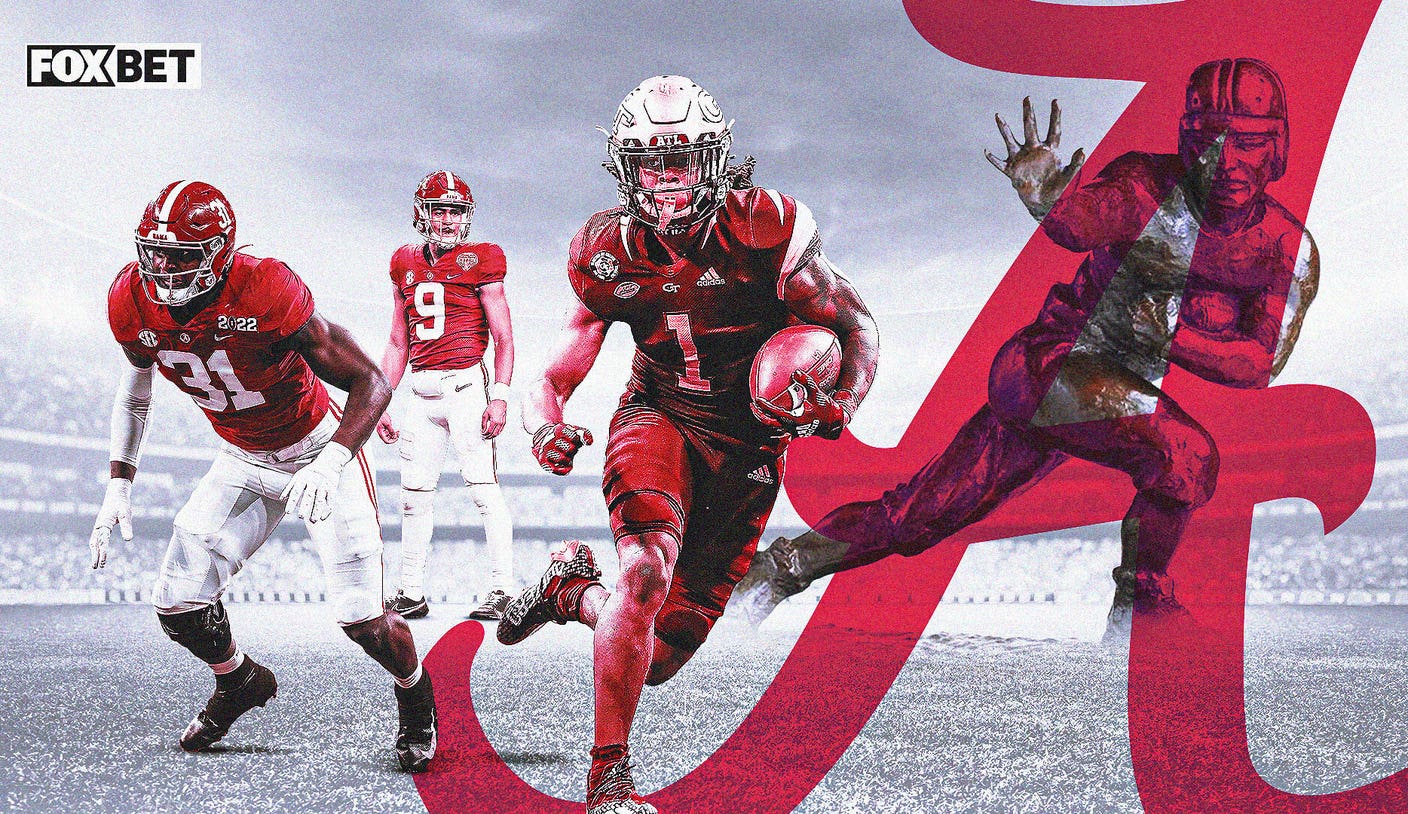Nebraska Senators Speak Out Against Online Sports Betting


by Robert Linnehan in Sports Betting News
Updated Aug 20, 2024 · 7:38 AM PDT
Sep 30, 2023; Lincoln, Nebraska, USA; Nebraska Cornhuskers quarterback Heinrich Haarberg (10) hands the ball off to running back Anthony Grant (23) against the Michigan Wolverines during the first quarter at Memorial Stadium. Mandatory Credit: Dylan Widger-USA TODAY SportsA group of 13 Senators released a statement against the possibility of legalizing online sports bettingDescribed efforts to legalize through Constitutional amendment as a “poison pill”Legalized online sports betting will add to “more suffering in our communities.”
Nebraska’s online sports betting hopes for the state’s special session were already on life support, and a group of senators may have pulled the plug on any chance it has to become a reality.
A group of 13 Nebraska senators recently issued a statement against the efforts to legalize online sports betting during the state’s special session to reduce property taxes.
Sen. Eliot Bostar (D-29) has successfully moved an online sports betting bill through the state’s general affairs committee during the special session, but the legislation has yet to be discussed on the senate floor and time is running out.
Gambling Has Not Reduced Property Taxes
Content:
ToggleThe Senators decried the attempts to legalize online sports betting, noting that the state just recently legalized casinos on the promise of property tax relief, which has yet to come to fruition.
“Any effort to to expand gambling further or legalize online sports betting, be it a Constitutional Amendment or a statutory end-run, is a poison pill and will lose our support for the bill,” the Senators wrote.
The following Nebraska Senators signed the statement against online sports betting:
Sen. John Lowe (R-37)Sen. Ray Aguilar (R-35)Sen. Joni Albrecht (R-17)Sen. Robert Clements (R-2)Sen. Robert Dover (R-19)Sen. Steve Erdman (R-47)Sen. Steve Halloran (R-33)Sen. Brian Hardin (R-48)Sen. Rick Holdcroft (R-36)Sen. Loren Lippincott (R-34)Sen. Dave Murman (R-38)Sen. Rita Sanders (R-45)Sen. Julie Slama (R-1)
Bostar introduced his legislative package to the General Affairs committee earlier this month. Bostar’s legislation amends the Nebraska Racetrack Gaming Act to allow casinos to offer online sports betting, dedicating the majority of online sports betting tax revenues to property tax relief for state residents. The proposed legislation dedicates 90% of online sports betting tax revenue to the Property Tax Credit Cash fund, which provides property tax relief for Nebraskans. Currently, in-person sports betting is taxed at a rate of 20% of gross sports betting revenue and dedicates 70% of tax revenue to the property tax fund.
The committee recently approved LR3CA by a 5-2 vote. The legislation will place an online sports betting referendum question on an upcoming general election ballot for voter approval. If approved at the polls, the legislature will have the opportunity to approve online sports betting in the next legislative session.
Bostar recently amended LR3CA to give the Senate the opportunity to approve online sports betting legislation if approved by state voters, not requiring them to approve legislation as the original piece included.
No Need For More Gambling
Nebraska currently allows for in-person sports betting at state casinos. If online sports betting is approved, Bostar explained that Nebraska could expect an additional $32 million in total tax revenues over the next 2.5 years.
However, the Senators agreed that more gambling for the state is not the answer.
“Online sports betting turns every cell phone into a 24/7 handheld gambling device, leading to new addictions. The National Council on Problem Gambling reports the legalization of online sports betting has resulted in the risk of gambling addiction increasing 30%, with a 150% increase to their addiction helpline. The main demographic driving this increase is young people, with 20% of college students spending financial aid on gambling.”

Provided by Sen. John S. Lowe, Sr.



